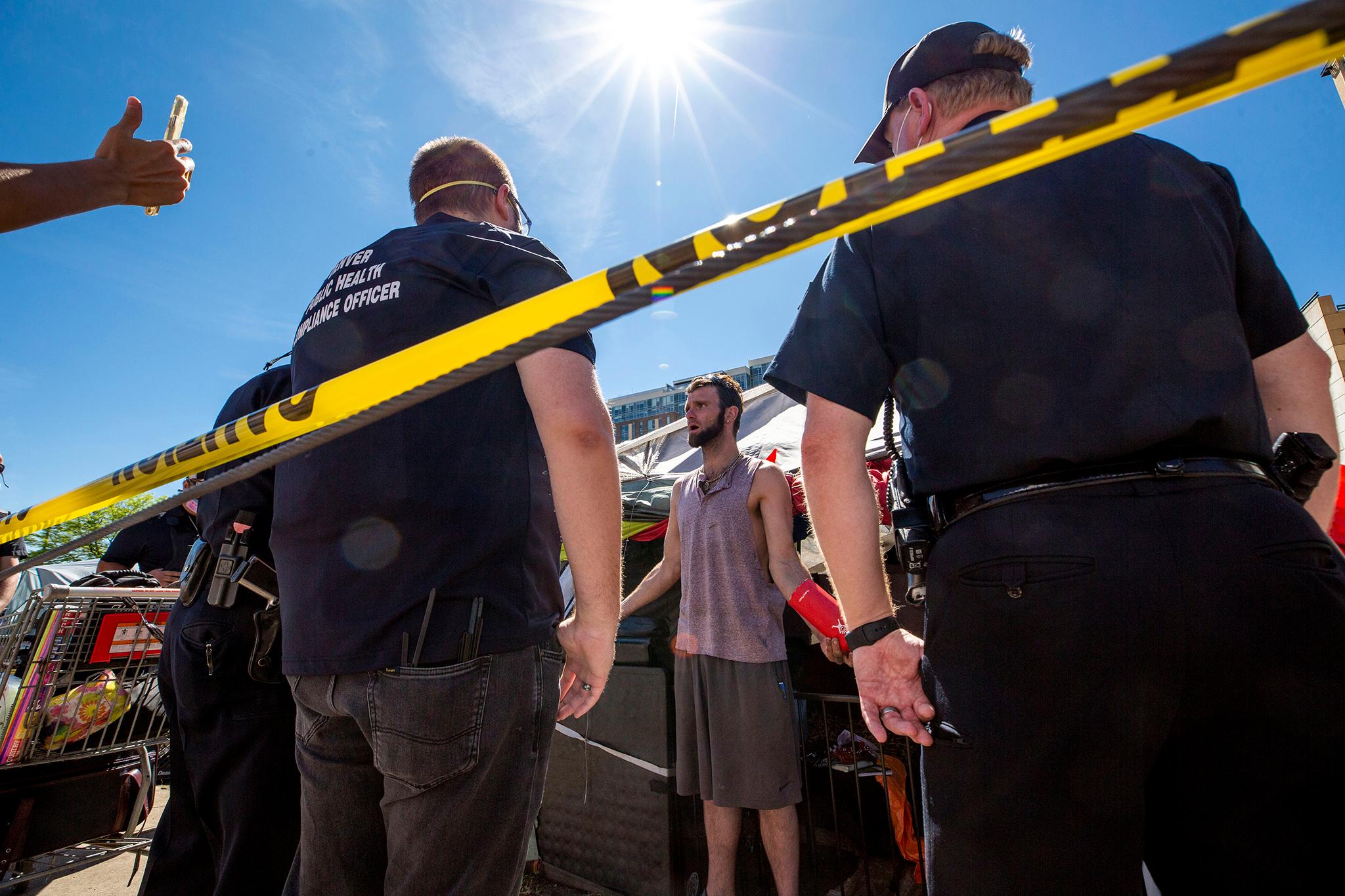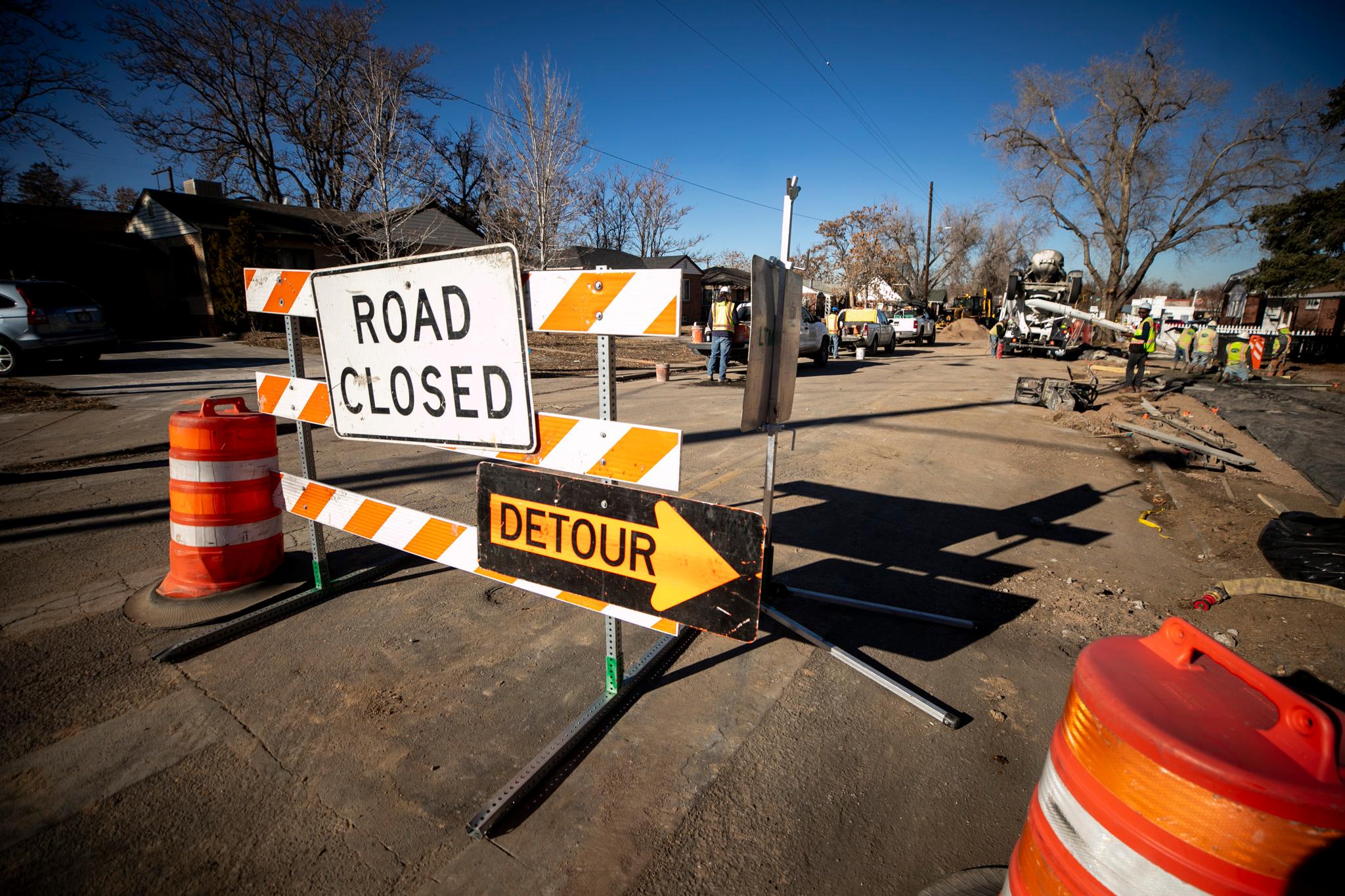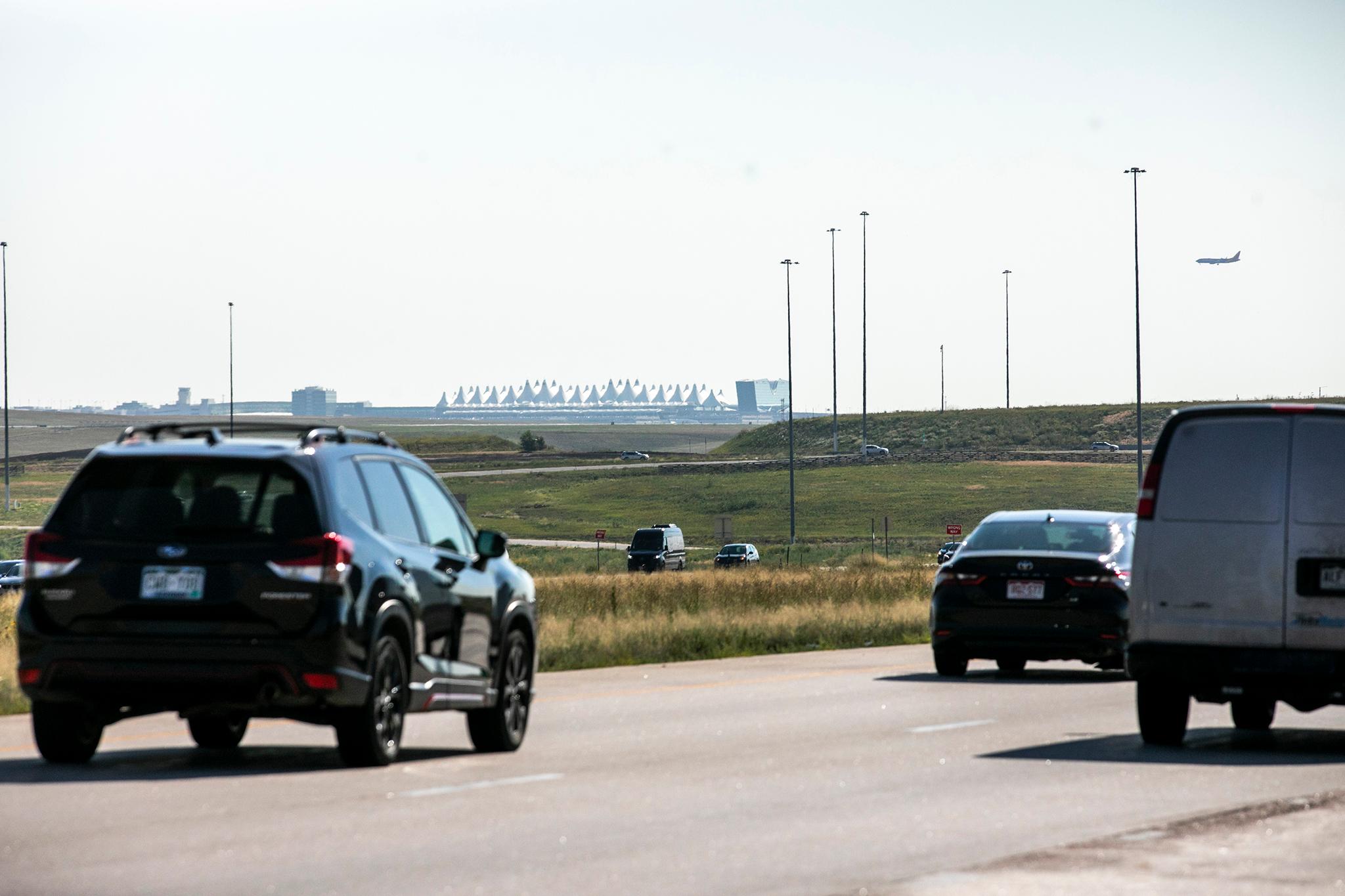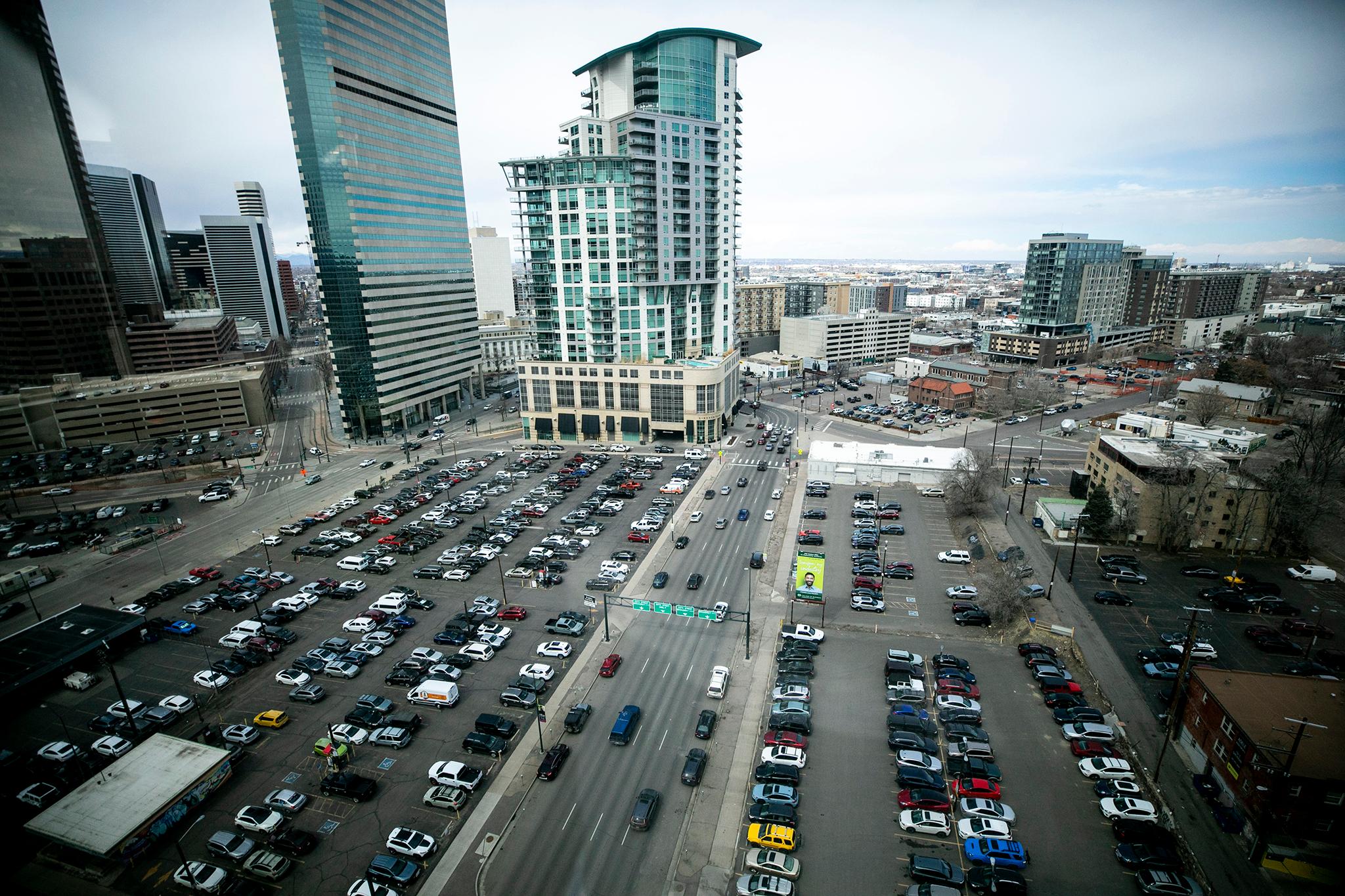On Monday, Denver city officials kicked off discussing the 112 police reform recommendations released by a citizen-led task force in late May.
The task force, comprised of residents, elected officials and community groups, began its work last summer in response to protests. The resulting recommendations aimed to create a new vision for the police system -- the very first suggestion in their report was to "create an autonomous community-led, non-law enforcement institution" to handle public safety.
At least seven of the 13 Denver City Council members were present to hear feedback from a handful of task force members in the virtual meeting on June 28. Councilmembers reviewed 43 of the 112 recommendations in the two-hour-long session in order to build a "foundation" for the next Public Safety Working Group meeting on Monday, July 12.
Task force leader Robert Davis was pleased with the discussion, saying it was the first time he felt that way since beginning the entire process. Early this year, the DPD notably pulled out of the task force's meetings, saying law enforcement officials were being treated unfairly.
Davis said he was happy with the "substantive, operational type of questions" that were discussed. These included questions like: "How would that be funded? Is this going to require a ballot initiative? Would it require raising taxes? Or will we be out reallocating funds?" Davis said.
Seventeen of the official recommendations are grouped under the umbrella of City Council responsibilities in the report. Councilmember Paul Kashmann, who also chaired the meeting, said these would naturally be a major focus for councilmembers.
These City Council-specific recommendations include stopping "sweeps" of homeless encampments, permitting safe injection sites for drug users and expanding the power of the Office of the Independent Monitor, which oversees police investigations (and has also been leaderless for the last six months).
According to Councilmember Amanda Sawyer, who is also in the group, these discussions went past simply checking off recommendations. For example, recommendation 27 in the report suggested strengthening immigrant protections by blocking collaboration between DPD and federal immigration enforcement.
Denver already has a law protecting immigrants in this way, but Sawyer said the group drilled down further before moving on to other recommendations.
"Yes, we have this ordinance, but maybe in practice it doesn't always do what we want it to do, or it has consequences that people weren't anticipating when writing the legislation," Sawyer said. "Maybe there are some incredibly important tweaks that we need to make, or some things that we need to do differently in order to achieve the goals of the legislation."
Kashmann explained the group would go through all the recommendations in order before tackling the ones most specific to the City Council.
"This was not a debate on policy. This was simply the first opportunity for Council to speak with members of the task force to get clarification," Kashmann said. "We're in agreement on the need for to emphasize policies that strengthen our community and that will end up leading to a reduction in crime."













